Dive into a collection of articles that amplify neurodivergent voices, support a more thorough understanding of neurodiversity, and challenge common misconceptions.
Month
- February 2026
- January 2026
- December 2025
- November 2025
- October 2025
- September 2025
- August 2025
- July 2025
- June 2025
- May 2025
- April 2025
- March 2025
- February 2025
- January 2025
- December 2024
- November 2024
- October 2024
- September 2024
- August 2024
- July 2024
- June 2024
- May 2024
- April 2024
- March 2024
- February 2024
- January 2024
- December 2023
- November 2023
- October 2023
- September 2023
- August 2023
- July 2023
- June 2023
- May 2023
- April 2023
- March 2023
- February 2023
- January 2023
- December 2022
Author
- Abs S. Ashley
- Adam Fare
- Aimee Fletcher
- Aisling Sheehy
- Andreia Costa
- Ann Memmott
- Antonia Aluko
- Bethan Warner
- Beverley Samways
- Brendan Maguire
- Callum Stephen Howes
- Cassandra Lovelock
- Charli Clement
- Chloe Webster-Harris
- Claire
- Cos Michael
- Darren O'Reilly
- Dr Catherine Crompton
- Dr Virginia Carter Leno
- El Dewar
- Elise Guthrie Stirling
- Emily Wooden
- Emily Lees
- Emily Katy
- Emma
- Emma Nielson
- Grace Lee
- Harriet Axbey
- Hat Porter
- Helen Edgar
- Iqra Babar
- Jill Corbyn
- Kai Schweizer
- Katrine Callander
- Kay Louise Aldred
- Krysia Waldock
- Kyra Thompson
- Lizzie Smith
- Lou Chandler
- Lucy Gilbert
- Meena Kumari
- Molly Anderton
- Molly Siobhan Parker
- Nick Ransom
- Reesha Zahir
- Remie Colledge
- Rhiannon Williams
- Rod Landman
- Rose Matthews
- Sarah Douglas
- Sarah Boon
- Sascha Bellamy
- Sophie Broadgate
- Stop Oxevision
- Thomas Barnett
- Tina
- Trauma Geek
- Victoria Denham
- Warda Farah
- Zoë Austin
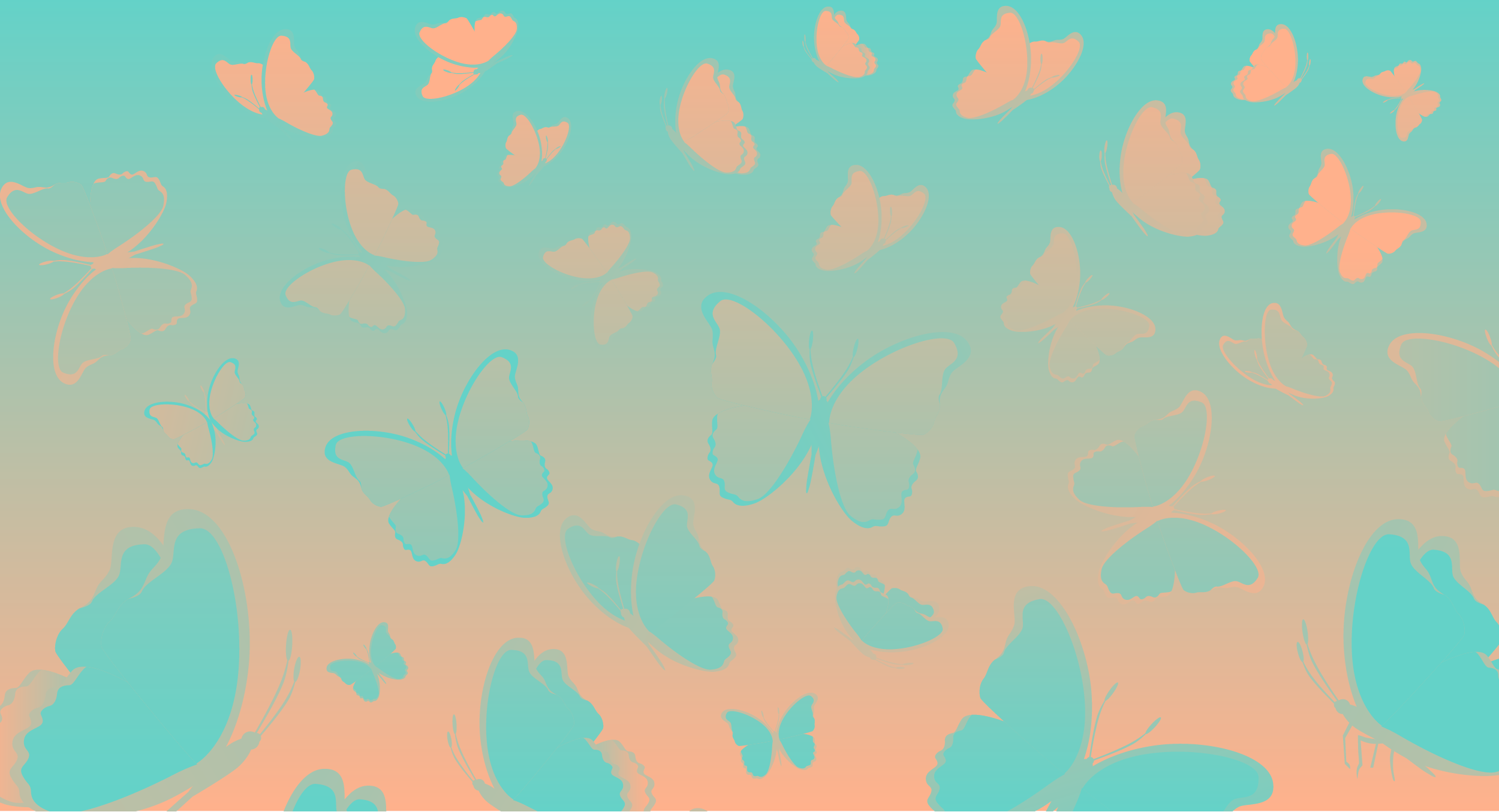
Finding myself through the ‘Neurodivergent Wellbeing Approach’
In this blog, we hear from Andreia Costa, a past attendee of our Neurodivergent Wellbeing Approach training course. Andreia shares a heartfelt insight into how the course supported her to honour and embrace her own Neurodivergent identity and needs, as well as those of her Neurodivergent daughter.
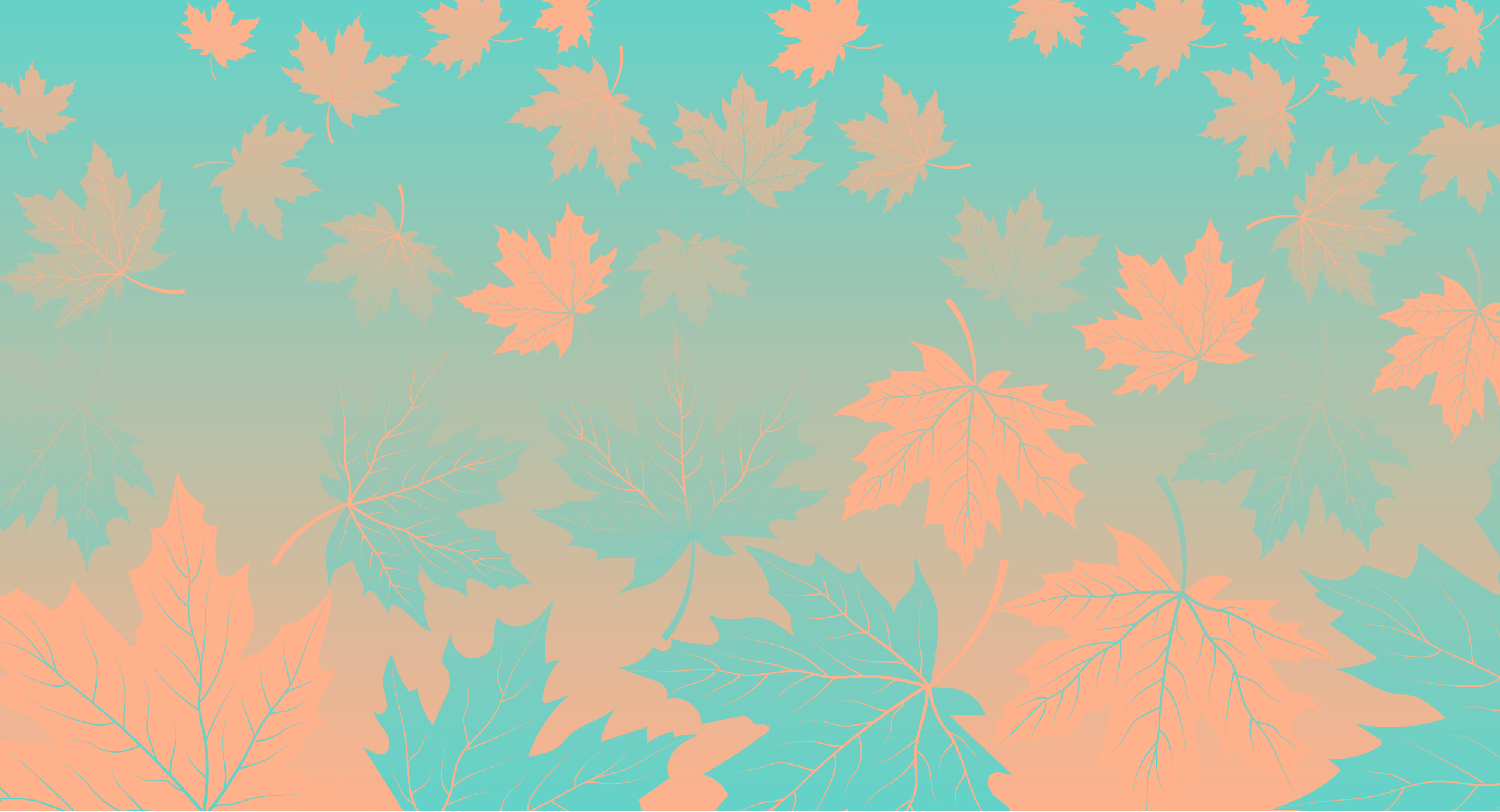
The Neurodivergent Wellbeing Approach – an invitation to go deeper
In this blog, Kay Louise Aldred, explores our Neurodivergent Wellbeing Approach course, and how it offers professionals, carers, educators and Neurodivergent individuals the opportunity to move beyond surface-level strategies and toward something more authentic and sustaining.
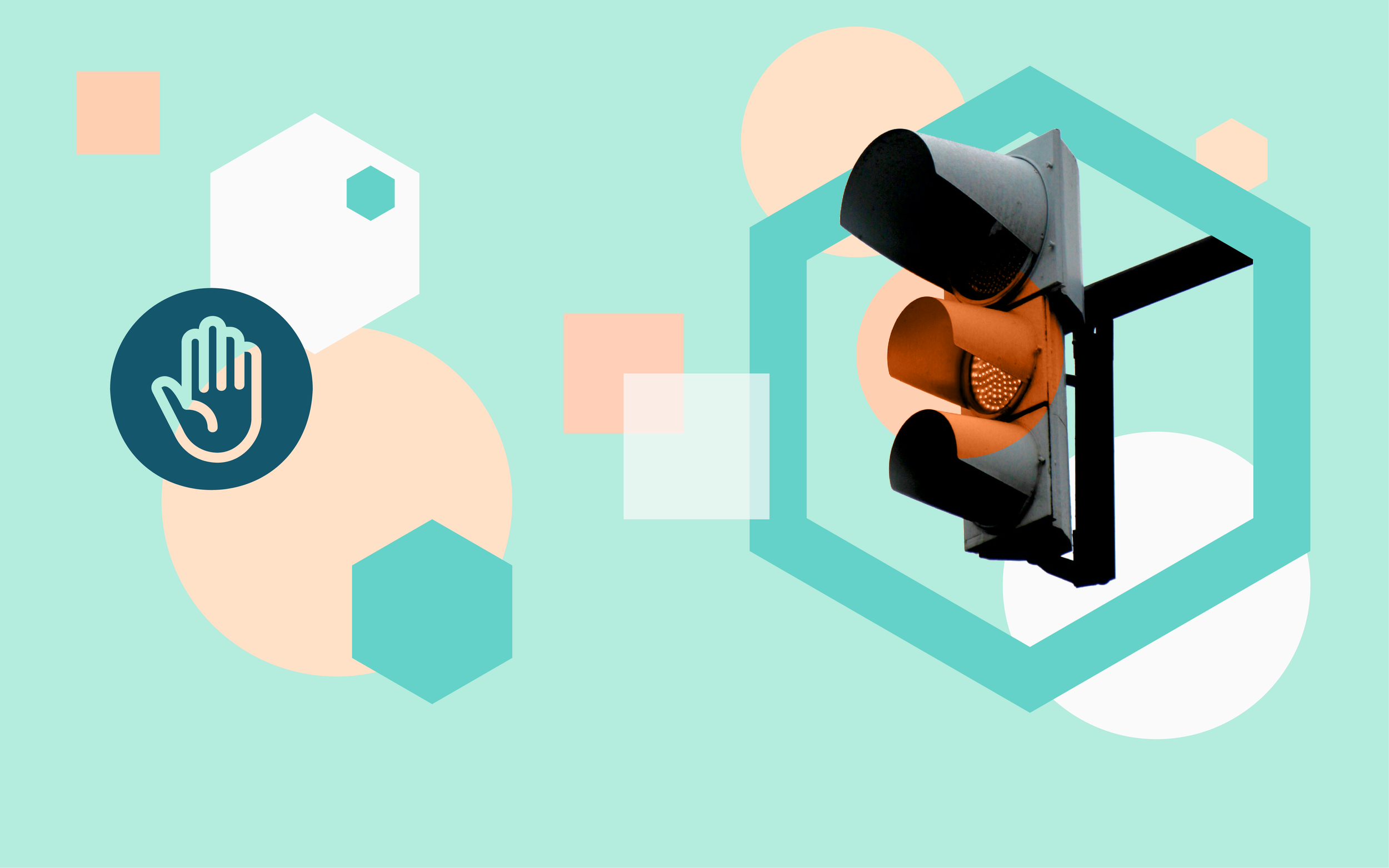
Defining boundaries: navigating the challenges of working in lived experience roles.
In today’s blog, Molly Anderton, a Lived Experience Advisor at NdC, shares her experience of defining and holding boundaries within her role and how this enables her to share her passion and sense of purpose whilst protecting her own wellbeing.

Defining boundaries: A new Neurodivergent-informed resource and training workshop
Kay Louise Aldred, NdC’s Development Lead, shares her experience of defining boundaries and explores the need that inspired us to develop our Neurodivergent-affirming guide and training workshop on ‘Understanding Boundaries’.
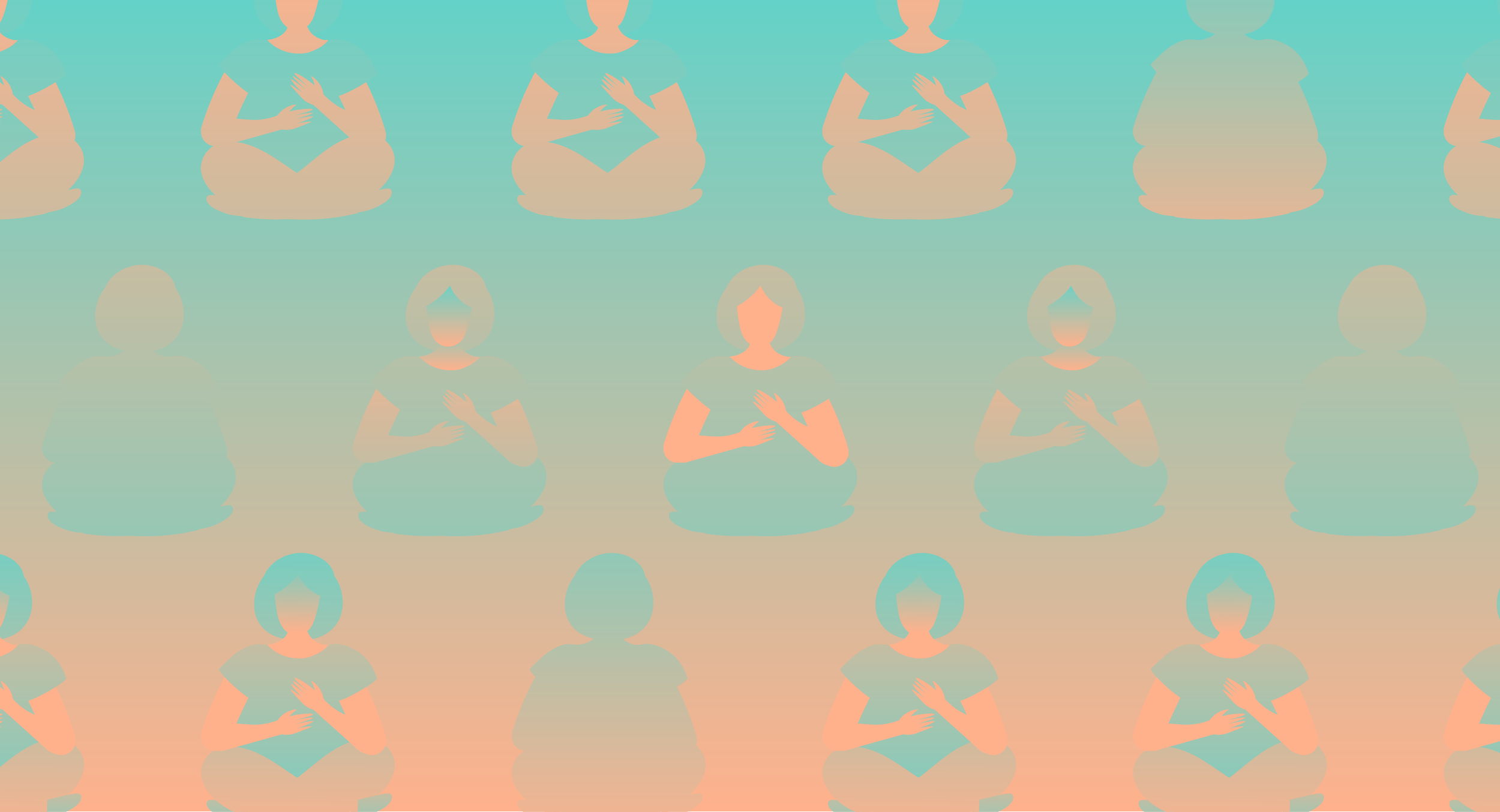
Creating Neurodivergent-affirming organisations
In this blog, Kay Louise Aldred, NdC’s Development Lead, shares an insight into core elements of our Neurodivergent Wellbeing Approach training and explores why nervous system regulation and trauma-informed approaches are essential to creating Neurodivergent-affirming organisations.
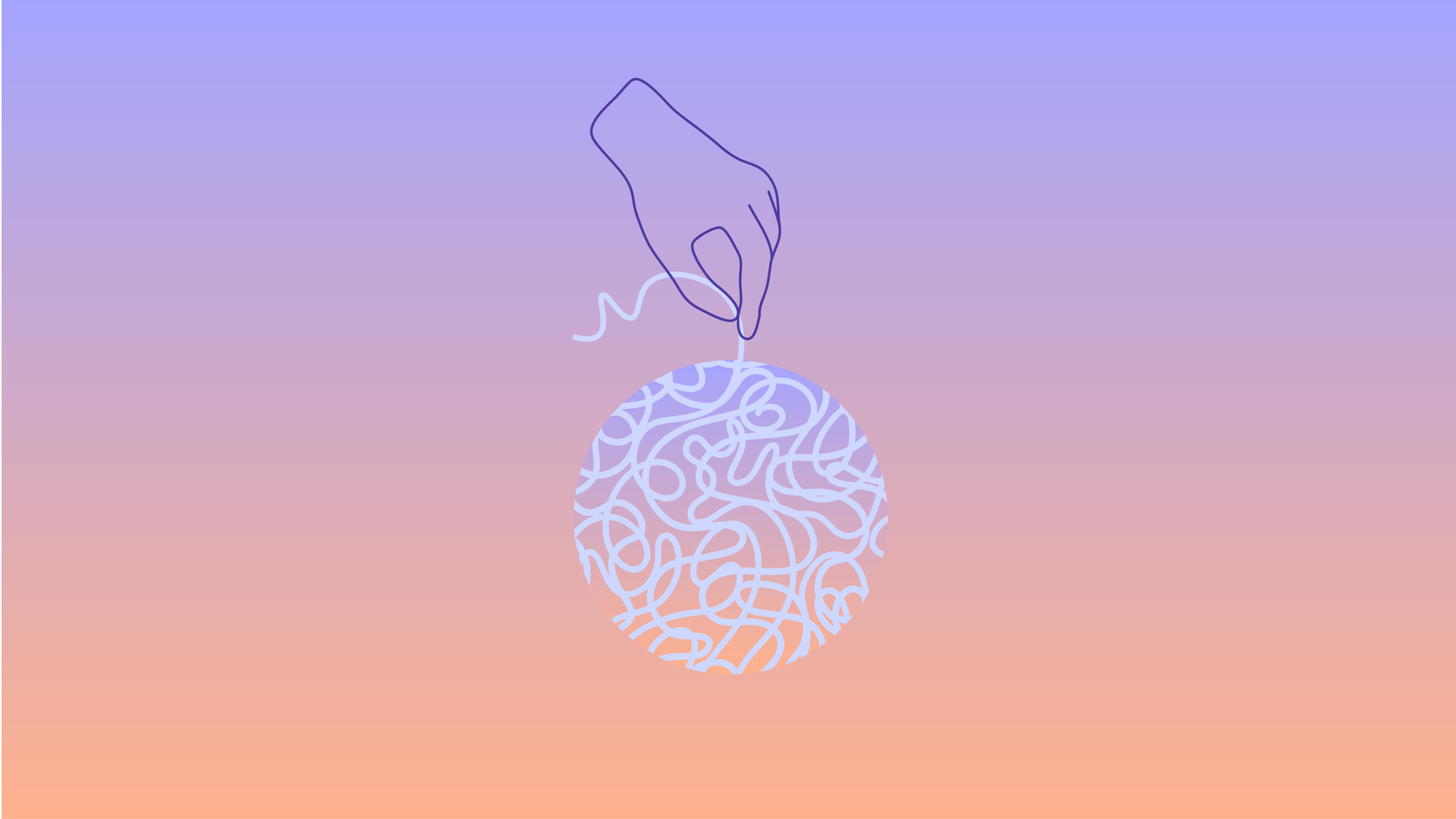
Untangling Autism & Chronic Illness
NdC Associate Charli Clement shares their experience of Autism and chronic illness. Chalri is the creator and facilitator of our new course, Untangling Autism & Chronic Illness, running from 14th January 2025.

Four approaches for coping with seasonal change
Kay Aldred (NdC Development Lead) shares her recommendations for coping with seasonal change, grouped into four key approaches: making physical adjustments, supporting mental and emotional wellbeing, supporting energy levels and reducing executive functioning burden.

Neurodivergence, Trauma and Recovery (Part 3/3) — Connecting Back to Community
In this three-part series, NdC Development Lead Kay Aldred examines the complex entanglement of Neurodivergence and trauma, and the implications this has for the concept of “recovery”. In this third and final part, Kay explores how connecting to community can play a part in recovery from trauma.

Neurodivergence, Trauma and Recovery (Part 2/3) — Connecting Back to Embodiment
In this three-part series of blogs, NdC Development Lead Kay Aldred examines the complex entanglement of Neurodivergence and trauma, and the implications this has for the concept of “recovery”. In this second part, Kay explores how connecting to the body can illuminate an understanding of trauma and recovery.

Neurodivergence, Trauma and Recovery (Part 1/3) — Connecting Back to Nature and Cyclical Living
In this three-part series of blogs, NdC Development Lead Kay Aldred examines the complex entanglement of Neurodivergence and trauma, and the implications this has for the concept of “recovery”. In this first part, Kay explores how natural rhythms, such as the seasons, can illuminate an understanding of trauma and recovery.
- ABA
- abuse
- accessible
- ADHD
- adults
- advocacy
- affirming
- aging
- assessment
- autism
- autistic parents
- black autistic
- building design
- burnout
- childhood
- children
- co production
- coercive control
- communication
- community
- culture
- depression
- Designing Homes for Sensory Differences Summit 2024
- diagnosis
- disability
- dyslexia
- eating disorders
- education
- empathy
- employment
- environment
- ethics
- executive functioning
- family
- friendships
- GCC Summit 2023
- gender
- grooming
- guidance
- health
- healthcare
- holiday
- housing
- human rights
- identity
- inclusion
- inpatient
- intersectionality
- joy
- language
- late diagnosed
- learning disability
- LGBTQIA+
- lived experience
- masking
- medicalisation
- meltdown
- mental health
- monotropism
- mothers
- nervous system
- newly diagnosed
- NHS
- OCD
- online
- pain
- parents
- PBS
- peer support
- play
- psychiatric care
- quality of life
- race
- racism
- reasonable adjustments
- relationships
- research
- resources
- routine
- school
- self diagnosis
- self regulation
- sensory environment
- sensory overwhelm
- sensory processing
- services
- sexism
- special interests
- spirituality
- stimming
- stress
- suicide
- support
- therapy
- training
- trauma
- trauma-informed
- women
- workplace
- young people
Got something to say?
We commission blogs from neurodivergent writers. We are particularly keen to hear from people of colour, older people, and non-speaking members of our community. Help us in our mission to amplify the views and voices that are most often left unseen and unheard.


